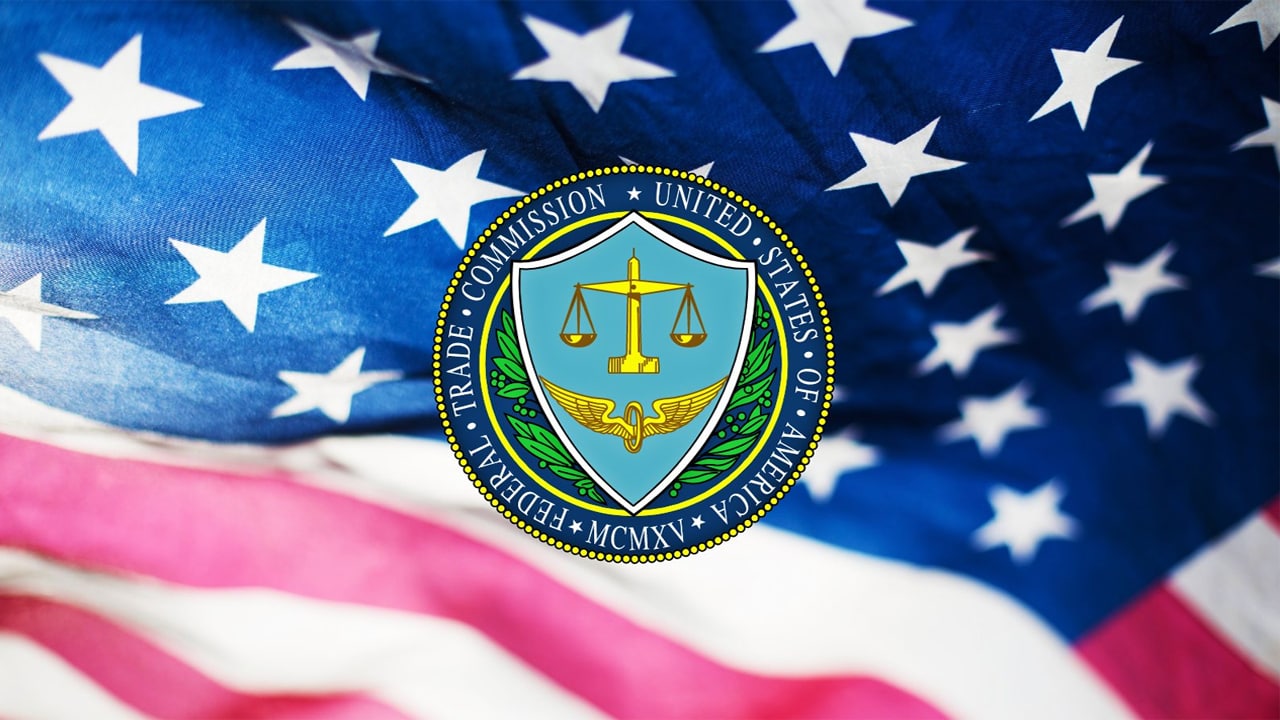According to the latest report, in an antitrust lawsuit, the Federal Trade Commission (FTC) launched a lawsuit, asking the court to prevent Facebook parent company, Meta, from acquiring virtual reality fitness software developer “Within” Unlimited Company”.
It is reported that one of the goals of the US antitrust woman and FTC chairman Lina Khan after taking office is to use major and challenging antitrust investigations and lawsuits to expand the FTC’s enforcement authority. The latest signs suggest that Khan’s goal is no longer on paper.
JOIN TIP3X ON TELEGRAM
Sue the latest acquisition
In the complaint filed on the same day, the FTC alleges that Meta is establishing dominance in an emerging market through mergers and acquisitions and that Meta’s behavior stifles healthy market competition and technological innovation.
A Meta spokesperson stated that the FTC lawsuit is unsubstantiated and the company believes the merger will benefit the virtual reality market and consumers.
William Kovacic, a competition law scholar at George Washington University in the United States and a former commissioner of the Federal Trade Commission, commented that in the enforcement of mergers and acquisitions in the United States, this prosecution is the history of the two agencies, the FTC and the Antitrust Office of the US Department of Justice. most important lawsuit.
“This is exactly the kind of antitrust litigation that the FTC has been committed to,” Kovac said.
Expand Antitrust Laws
The two major antitrust enforcement agencies in the United States are the FTC and the Department of Justice’s Antitrust Division. So far, the two agencies have filed antitrust lawsuits under the Trump administration against then-Meta and Google, respectively.
The FTC’s lawsuit against Meta is a milestone since Khan took the helm of the agency. A few days ago, the U.S. Senate passed the appointment of the fifth member of the FTC, Democrat Alvaro Bedoya, with only a one-vote majority (this vote came from U.S. Vice President Harris), which means that Khan controls the FTC and will be able to expand in the future. fist.
Previously, Khan and the Justice Department’s antitrust chief, Jonathan Kanter, said they would try to expand the boundaries and enforcement powers of U.S. antitrust law through some challenging lawsuits.
The U.S. Congress is drafting a new antitrust law for the tech industry, but it remains unclear whether the new law will be voted on before Congress adjourns in August. Under the current background, the two major anti-monopoly agencies of the federal government need to expand the enforcement power of existing laws as much as possible.
In January, Khan shared her thoughts on some challenging lawsuits in an interview. She said that some antitrust lawsuits may not guarantee a victory, and the FTC has the possibility of losing the case, but there is a huge sense in taking such a risk. The outside world has seen that in the field of antitrust, repeated failure by the regulatory authorities will bring huge costs, and the FTC wants to reverse this situation.
In a memo sent to FTC employees in September, Khan also said that in antitrust enforcement, the FTC must be forward-thinking, especially focusing on antitrust enforcement involving the next generation of new technology, technological innovation, and emerging industries.
Controversial historical mergers and acquisitions
Meta has made a number of strategic mergers and acquisitions over the past few years, most notably two major acquisitions in 2014. The company bought Instagram, a photo social networking site, and spent $19 billion on a mobile chat tool Whatsapp.
Some critics pointed out that Meta got away with it when the FTC reviewed the two acquisitions that year. Meta and Zuckerberg got their hands on two fast-growing emerging industry companies without any hindrance.
Khan’s previous federal FTC had launched a separate antitrust lawsuit against Meta, involving the two major mergers mentioned above. The FTC accused Meta of acquiring potential competitors in order to expand its monopoly.
Features of the new lawsuit
The above-mentioned university scholar Kovacs said that some of the backgrounds of the two FTC lawsuits against Meta may have similarities, but this time the lawsuit against Meta to acquire Within has some characteristics, which also makes it more difficult to win the lawsuit.
For example, Kovacs said the acquisition is vertical integration, and Meta may use the acquisition to launch complementary features to existing products. But in the case of the acquisition of Instagram, Instagram may develop into an independent social network in the future and become a direct opponent of the Meta platform.
Kovac said that the FTC’s lawsuit this time should be an “experimental lawsuit.” In the future, the FTC and DOJ’s Antitrust Division may conduct more challenging lawsuits with little chance of winning.
Kovacs mentioned that this interception of the lawsuit against the acquisition of Within should be the beginning of a series of new lawsuits that have been carefully planned to test the boundaries of U.S. antitrust law. “There will be other similar lawsuits in the future. Litigation, which is an important step in antitrust regulation.”














